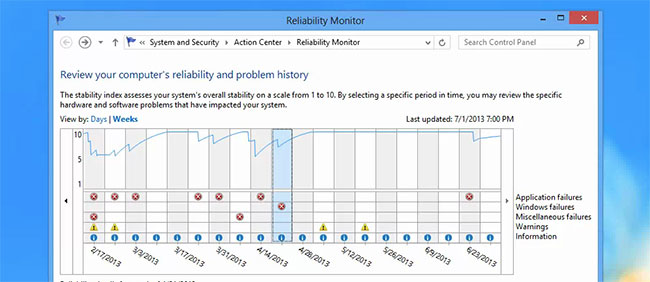BattlesAtlas
New Member
- Joined
- Oct 17, 2019
- Messages
- 16
- Thread Author
- #1
Hi, really hope someone can be my hero here. Have a new build PC, worked fine for a month, then constant BSOD, with all kinds of different error messages, including:
So far I've have windows check for driver updates on everything, i've run the windows repair tool, the mobo, cpu and ram have all been checked for hardware issues, and i've run chkdsk and scannow.
- IRQL not less or equal
- Driver overran stack buffer
- Kernel auto boost lock acquisition with raised irql
- kernel security check failure
- dpc watchdog violation
- driver irql not less or equal - what failed: ACPI.sys
So far I've have windows check for driver updates on everything, i've run the windows repair tool, the mobo, cpu and ram have all been checked for hardware issues, and i've run chkdsk and scannow.
Attachments
Last edited:

